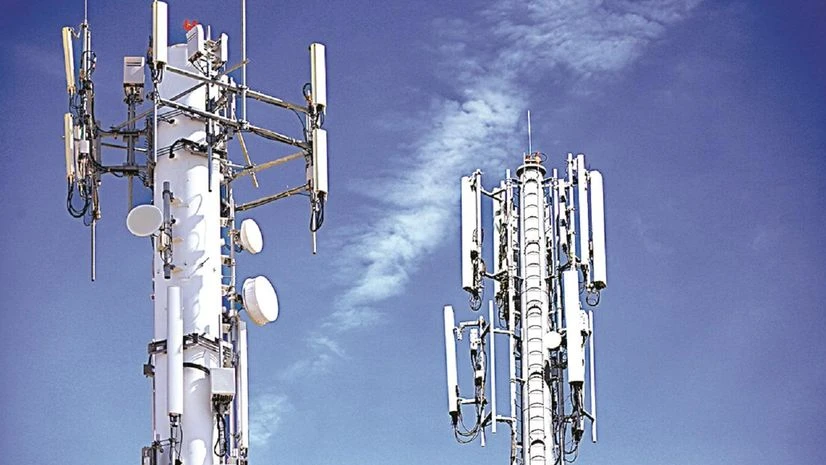Telecom companies said the new service quality regulations introduced by the Telecom Regulatory Authority of India (Trai) will significantly increase their costs and compliance obligations.
According to a report by The Economic Times, the telecom companies plan to address this issue with Minister of Communications Jyotiraditya Scindia soon.
The industry, in a statement, said that no other regulator in comparable economies has implemented such stringent norms. The telecom companies emphasised that while these rules will impose additional costs on them, the benefits to consumers will be minimal, the report said.
Quality of service (QoS)
Trai announced new parameters for measuring the quality of service (QoS) for telecommunications last week, with the regulations set to take effect from October 1.
The regulator has tightened the rules, adding requirements for telecom companies to compensate consumers if network outages aren't resolved within a specific timeframe. Financial penalties have been raised, and performance reporting now must be done monthly and at the cell level, as opposed to the current quarterly reporting at the base station level, the report said.
Also Read
The report quoted an industry insider saying, “The firms will take up the QoS matter with the minister in their second round of meetings. There are certain things which are not in control of telcos, and the minister will be apprised about the matter holistically.”
Another executive said that the industry plans to communicate with Trai to highlight the challenges it faces. During meetings with TRAI officials, following a consultation process on the issue, the industry outlined the difficulties in complying with the new standards. Still, these concerns were not acknowledged by the regulatory authority, the report further said.
In a statement, the Cellular Operators Association of India (COAI), said, “While we are disappointed with the stringency of these new regulations, we remain committed to engaging constructively with Trai on QoS-related matters.”
The association includes all three private telecommunications companies: Reliance Jio, Bharti Airtel, and Vodafone Idea. The association stated that the QoS parameters outlined in the new regulations are unique and have not been implemented by any other regulators in comparable economies.
The report quoted SP Kochhar, director general at COAI, as saying, “These changes are expected to significantly increase the compliance as well as the cost burden on telecom operators, and without commensurate benefits for the customers.”
New guidelines by Trai
According to Trai, if mobile network services are disrupted in a district for over 24 hours, telecom operators are required to offer a rebate on the rental charges for postpaid customers and extend the validity of prepaid connections by the same number of days affected by the outage.
For fixed-line services, users should be compensated if the service fault is not resolved within three days.
Telecom companies have noted that despite Trai’s stricter Quality of Service (QoS) standards over the years, real-world challenges persist. For example, they continue to face difficulties with obtaining the necessary permissions for infrastructure development, such as installing cell towers and fibre optic cables, due to right of way (RoW) issues on both public and private land. “The situation is further aggravated due to additional requirement of street furniture for the 5G networks,” the COAI said.
Additionally, signal quality and network performance can be compromised by interference from various sources, including other wireless devices and electromagnetic disruptions. Furthermore, unauthorised use of illegal boosters and repeaters, along with instances of equipment theft, are external factors that negatively affect the quality of service, the report said.

)